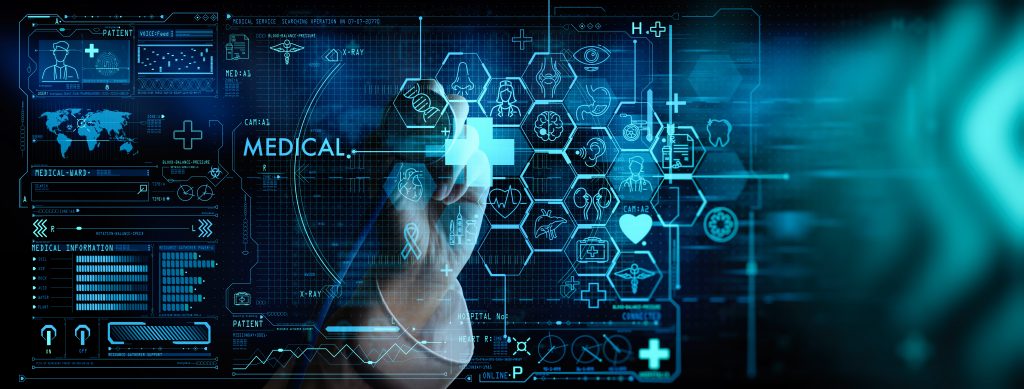Artificial Intelligence in Analysis of Clinical Data

Artificial intelligence (AI) is wide-ranging branch of computer science concerned with building smart machines capable of performing tasks that typically require human intelligence. AI is an interdisciplinary science with multiple approaches, but advancements in machine learning and deep learning are creating a paradigm shift in virtually every sector of the tech industry.
The future of ‘standard’ medical practice might be here sooner than anticipated, where a patient could see a computer before seeing a doctor. Through advances in AI, it appears possible for the days of misdiagnosis and treating disease symptoms rather than their root cause to move behind us. Think about how many years of blood pressure measurements you have, or how much storage you would need to delete to fit a full 3D image of an organ on your laptop? The accumulating data generated in clinics and stored in electronic medical records through common tests and medical imaging allows for more applications of artificial intelligence and high-performance data-driven medicine. These applications have changed and will continue to change the way both doctors and researchers approach clinical problem-solving.
We used the latest algorithms and methods developed in AI to integrate experimentally observed high throughput data, such as genomes, transcriptomes, proteomes, metabolomes and metagenomes for development of efficient treatment strategies for metabolism related diseases.